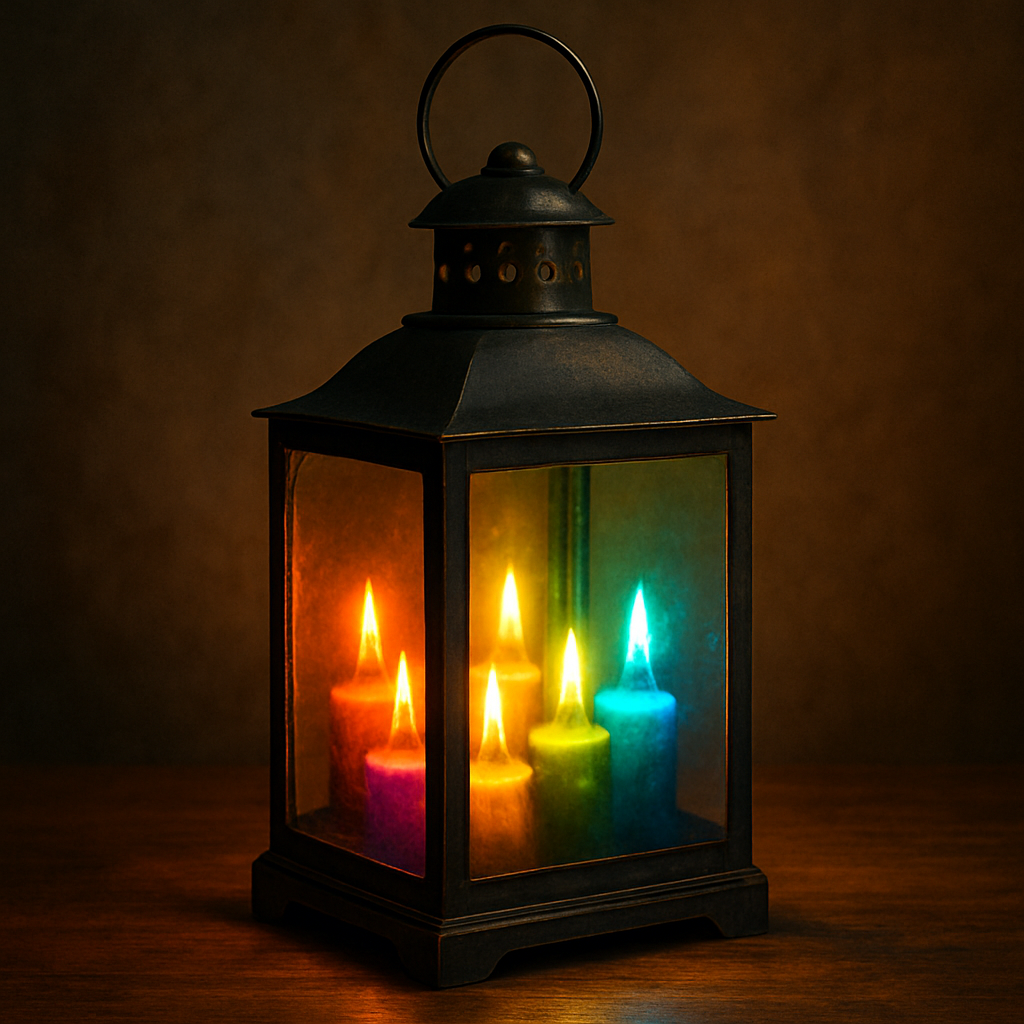On Fostering Diverse Participation.
There is, you may have noticed, a certain charm in the company of like-minded people. They nod in the right places, laugh at the same jokes, and rarely disturb our certainties. The world, under such conditions, seems manageable—pleasantly self-reinforcing. But it is a charm not unlike that of a still pond: serene, but stagnant.
Now imagine, if you will, a lantern—not lit from a single flame, but from many. Each light a different hue, each casting its own shadow and brilliance. Such is the image that comes to my mind when I ponder what it means to foster diverse participation in our thinking communities. The light grows richer, not dimmer, when it draws from many flames.
To think together well, we must be more than similar minds in elegant agreement. We must be different minds, shaped by different lives, brought into meaningful relationship. For truth, like a great cathedral, is best seen from many angles.
Let us be frank. Diversity has become, in some circles, a buzzword—dutifully acknowledged in policy but nervously avoided in practice. It is treated as a burden to manage rather than a gift to receive. In more recent discourse it’s becoming something to be dismissed and disregarded! Yet I would argue that the most profound ideas, the truest reckonings, the hardest and holiest questions often come from the margins.
Consider the ancient rabbinical tradition, where the most authoritative teachings arose from the clash of competing interpretations. It was not consensus that gave weight to the Talmudic debates, but the dignity given to multiple voices—especially those long ignored. Or consider the Gospels, which introduce the news of resurrection not through the apostles, but through women whose testimony would have been dismissed in a first-century court. What, I wonder, might we be missing when we gather only with those our systems have long privileged?
Diversity, of course, is not simply a matter of categories—of gender or race, age or creed—though these matter deeply. It is also diversity of temperament, of discipline, of socioeconomic story and spiritual wound. And it is not enough to include difference; one must create conditions where that difference is truly welcomed, heard, even allowed to unsettle.
This requires intention.
First, we must make room at the table, quite literally. Whose voice is absent in your classroom, boardroom, pulpit, or committee? It is not enough to invite them after the menu is set. Invite them to co-author the agenda. Welcome them not as tokens, but as teachers.
Second, we must learn to listen beyond our habits. Too often we mistake eloquence for insight, or assume that those who speak in unfamiliar rhythms have nothing to say. But truth may wear many dialects. The slow, the stammering, the unfamiliar—all have their part in the symphony.
And third, we must be prepared to yield power, not merely to share time. For participation that does not lead to influence is but performance. If a voice can be heard but never heeded, it is a courtesy, not a conversation.
There is risk here, to be sure. Greater diversity means greater complexity, less predictability. Meetings may take longer. Agreements may come harder. But oh, the beauty that may emerge when we dare to think across difference! Ideas once hidden may surface; blind spots once invisible may come into view.
I am reminded of an old mapmaker’s saying: “To see what is missing, you must ask the one who has walked another path.” And so we must.
And so, dear friend, I offer you this invitation—simple, but subversive. In the next space you shape—a gathering, a project, a community—pause and ask: Who is not here who ought to be? Then ask them not merely to join, but to help build.
Seek out those who see the world differently. Not to convert them, but to be converted—converted from the comfort of echo to the courage of encounter.
For only when all voices have the chance to speak, and all hearts the chance to change, do we truly begin to think—not as a circle of the same, but as a lantern of many flames, flickering together toward something greater than any could illumine alone.





